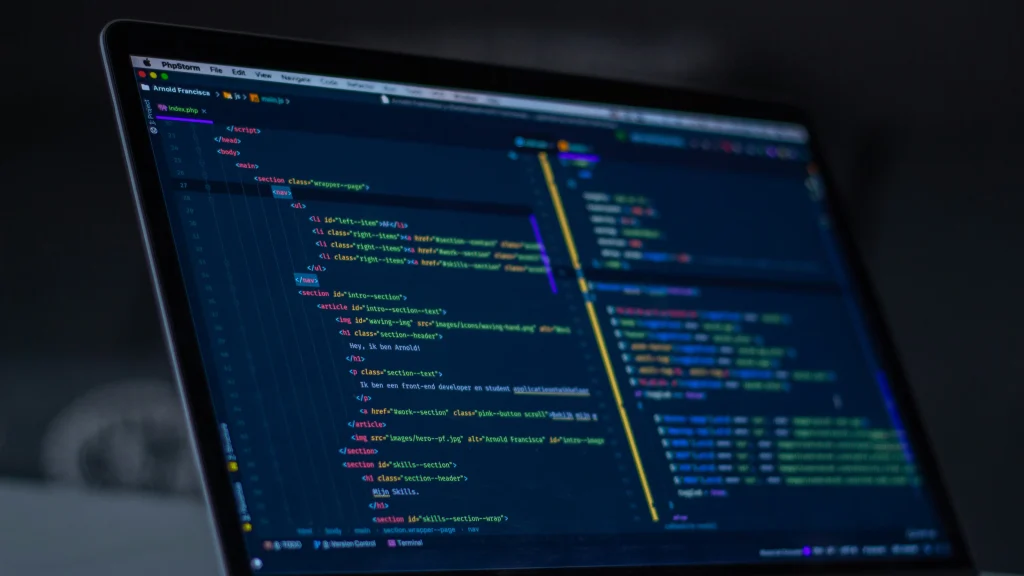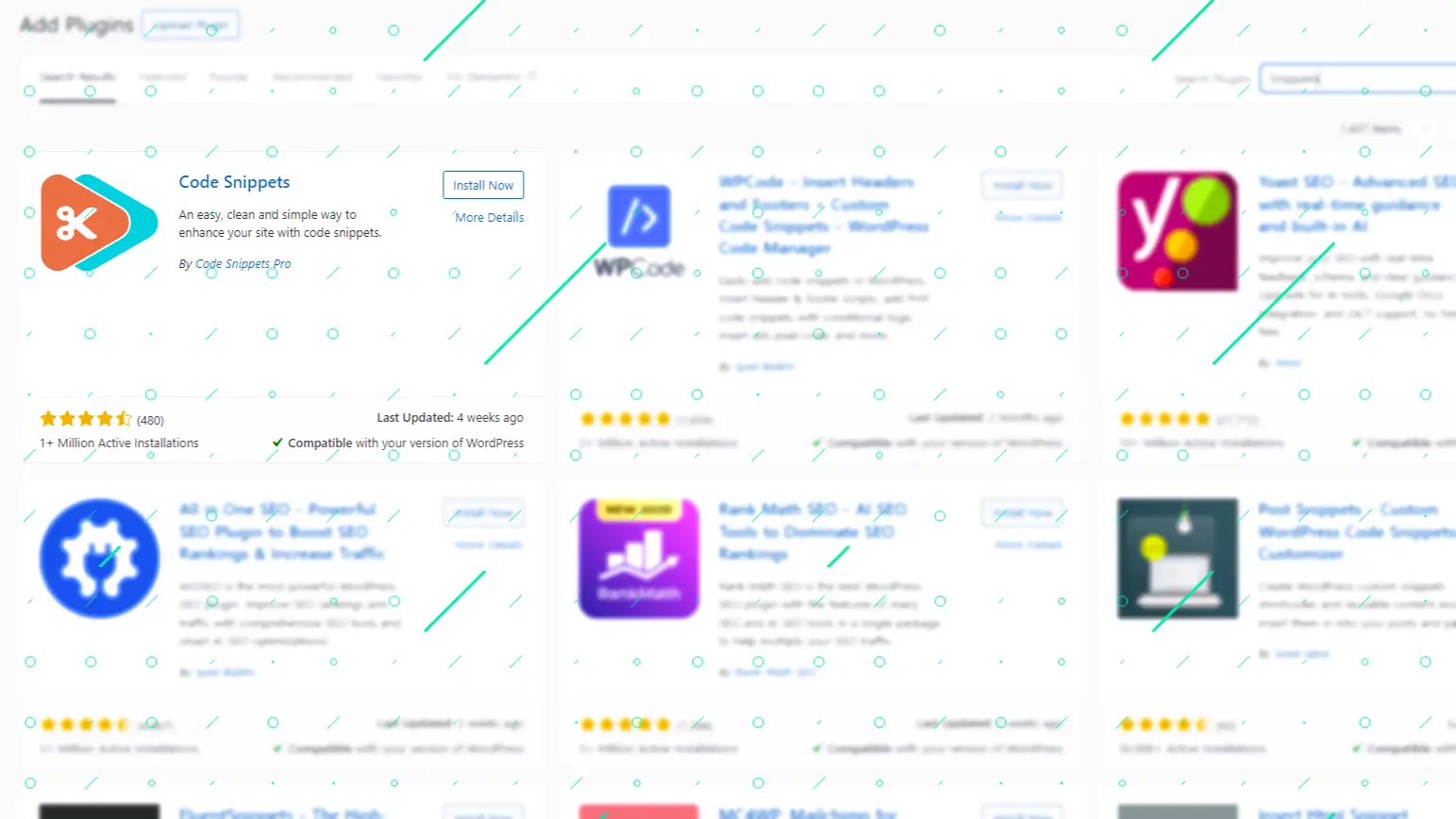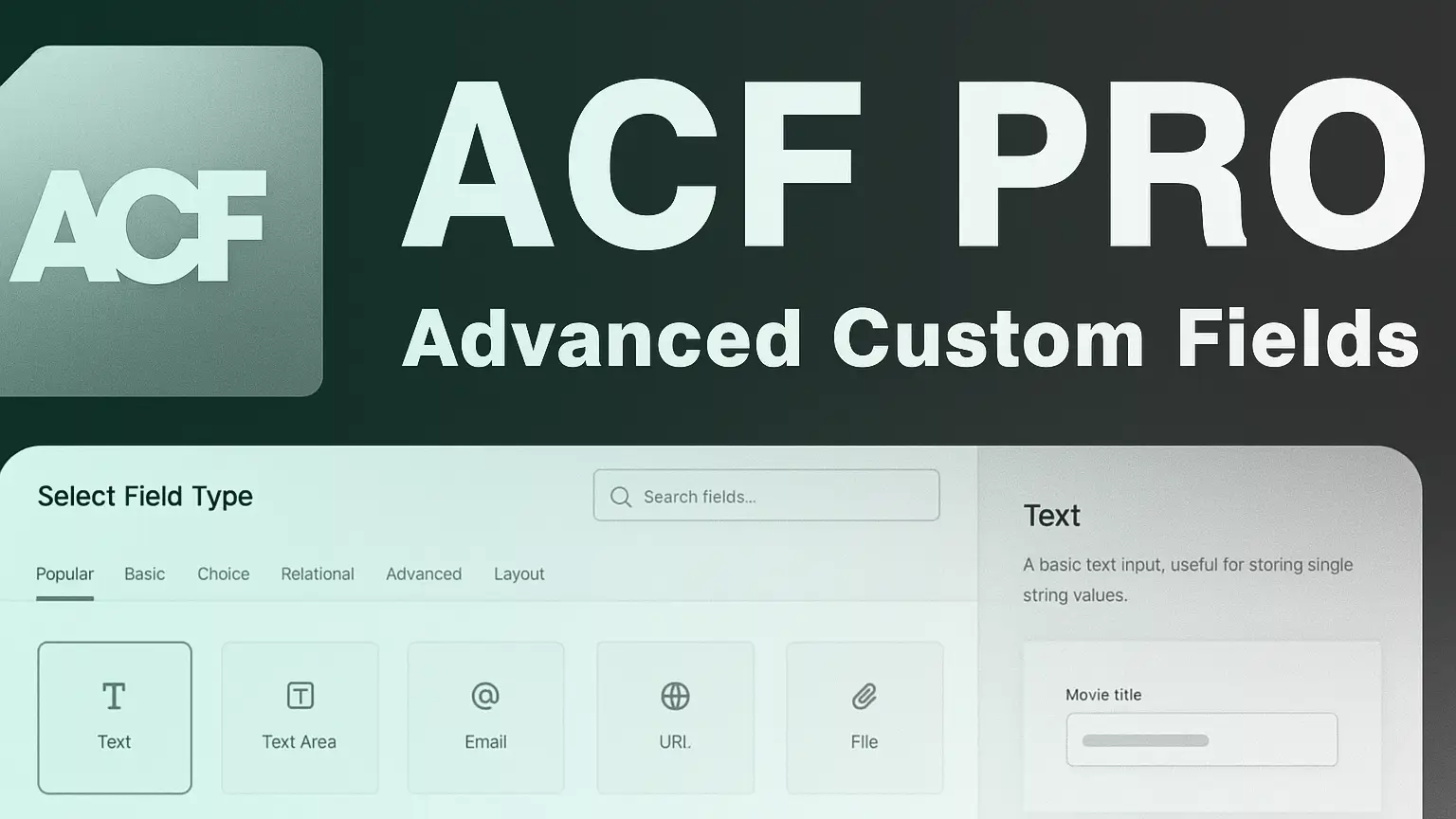When I first started learning JavaScript, I was just happy to make things work. If a button clicked and changed the text, or if an API call returned the right data, I felt like a winner. My code was messy, full of quick fixes, repeated lines, and variables named something like x1 or tempData. At the time, I didn’t think it mattered.
But over the years, I’ve learned something important: making your code work is not enough. Clean code is what makes the difference between a quick hack and a project that is easy to maintain, scale, and share with others.
What clean code really means
Clean code doesn’t mean perfect code. It means code that is:
- Easy to read by you and others
- Organized in a logical way
- Free from unnecessary repetition
- Flexible enough to update without breaking everything
In JavaScript, this can be as simple as:
- Using meaningful variable and function names
- Breaking large functions into smaller reusable ones
- Avoiding copy-pasting the same logic over and over
- Commenting only where it adds clarity, not everywhere
The day messy code came back to bite me
A few years ago, I built a small feature for a client website that handled form validation in JavaScript. I rushed it, thinking it was a simple task. The code worked, but it was all inside one long function. No structure, no reusable parts.
Months later, the client wanted to add new fields and rules. When I went back to my code, I could barely understand what I had written. I spent more time cleaning and rewriting than I would have if I had just done it properly from the start. That was my wake-up call.
Why clean JavaScript code matters in the long run
Easier collaboration
If you are working in a team, clean code is not just about you. Other developers need to read and update your work. Writing code like let btn = document.querySelector(“.a”); might save you a second now, but it wastes hours later when someone else tries to figure out what “.a” means.
Fewer bugs
Messy code often hides small mistakes. When functions are too long or logic is repeated everywhere, you increase the chance of bugs. Clean code makes it easier to spot errors and fix them quickly.
Faster future development
When you build features in a clean way, you can reuse them later. A good example is writing a reusable validation function in JavaScript. Instead of writing the same validation for every form, you can call one function and pass in the rules. This saves hours in the long run.
Small steps to write cleaner JavaScript
- Use clear names: calculateTotalPrice() is better than calc().
- Keep functions short: one function should do one thing.
- Don’t repeat yourself: if you see the same code twice, consider making it a function.
- Format your code: use Prettier or ESLint to keep it consistent.
- Write for the next developer (which might be future you).
Final thoughts
Looking back at my early JavaScript projects, I sometimes laugh at how messy my code was. But I also see how much I’ve grown. Clean code is not about being fancy; it’s about being practical. It saves you time, reduces bugs, and makes you look like a professional when others read your work.
So the next time you write JavaScript, don’t just focus on making it work. Focus on making it clean. Your future self will thank you.



